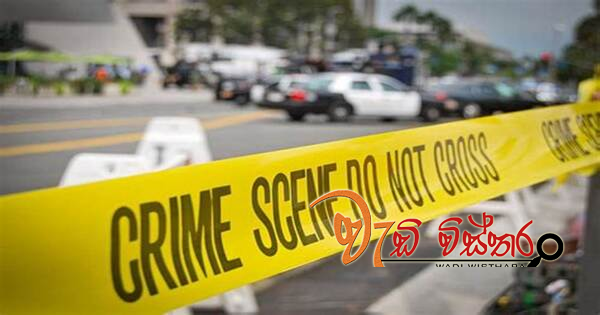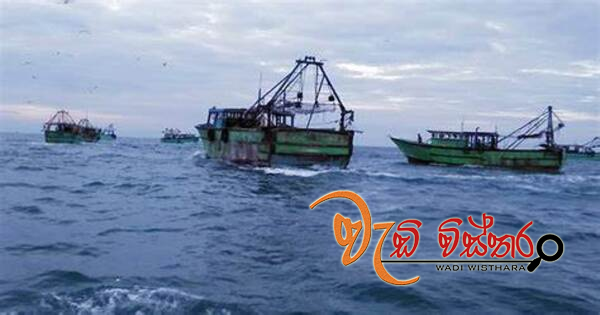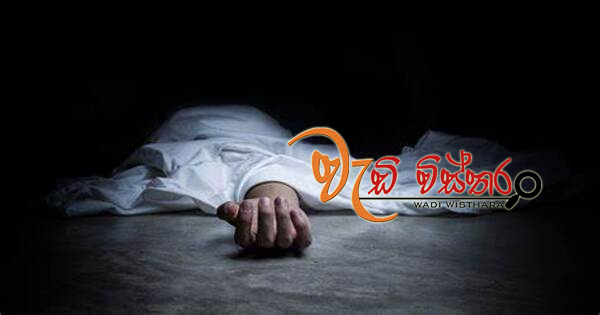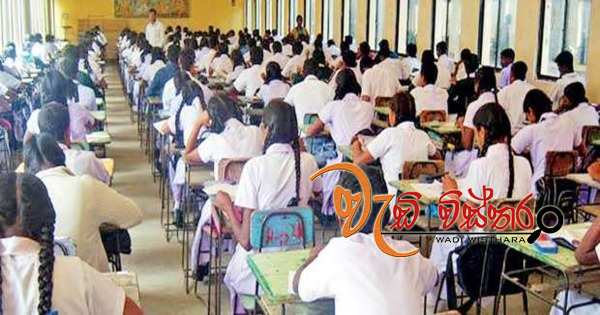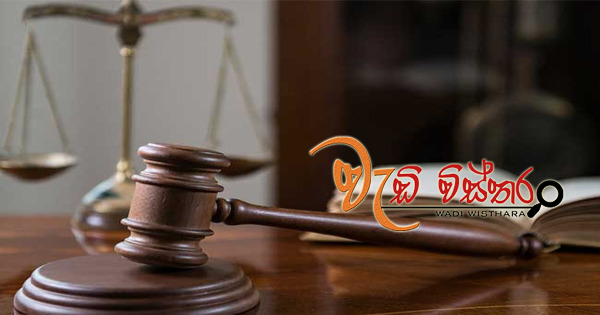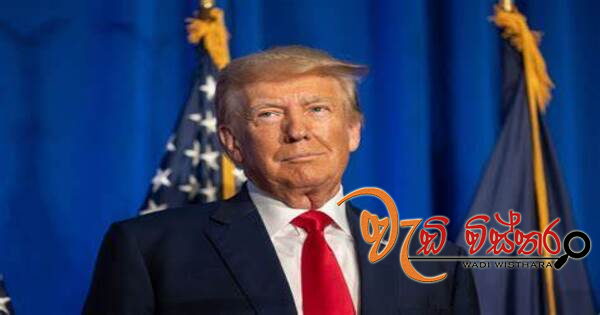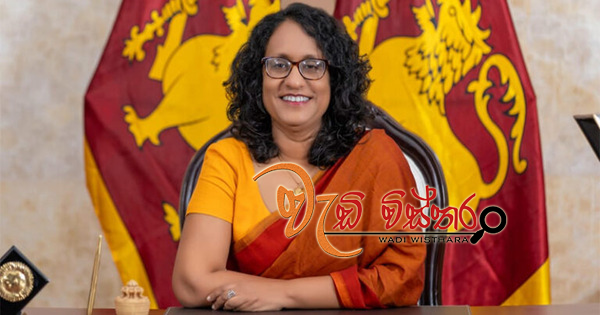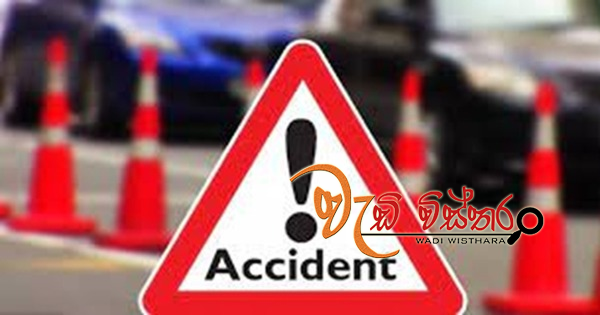Morality in politics is no easy matter
Saturday, 12 July 2025 - 10:18 pm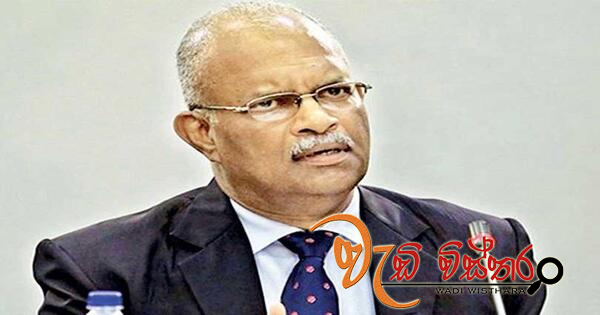
This is nothing but the contradiction between theory and practice. When the NPP was in the Opposition it was the strongest critic of the gove ment regardless of which party was in power, putting the ruling party always on the defensive. Criticising is always easy
|
Director CID Shani Abeysekera |
So long as the National People’s Power (NPP) was not in power, its leaders claimed moral high ground over other major political parties, especially those that have ruled the country before or those that had clung to them during their administrations. However, now that the NPP is in the saddle, its moral superiority is apparently dwindling gradually despite still holding a commanding position over others.
This is nothing but the contradiction between theory and practice. When the NPP was in the Opposition it was the strongest critic of the gove ment regardless of which party was in power, putting the ruling party always on the defensive. Criticising is always easy. Now the party is facing the challenge of putting its theories into practice, which is not easy. And any ruling party is always being besieged by almost all other parties, NPP being no exception.
First moral test
The NPP’s first moral test was not administrative or something vital for the economy. It was just about a simple title attached to one of its senior members who was elected to the high post of Speaker of Parliament following its landslide victory at the general election in November. Speaker Asoka Sapumal Ranwala who has long been tagging a title “Dr.” to his name failed to prove his doctorate when it was challenged by the opposition parties in December last year. The NPP somewhat cleared its name by persuading him to resign as the speaker despite his promise to produce evidence of his doctorate. Seven months have passed, he is yet to produce it.
This issue came up at a time when the NPP was morally thrashing all other parties on the grounds that they all ruined the economy by robbing it for the past 76 years since Independence. In fact, the NPP’s allegation of thieving by leaders of the other major political parties is not totally baseless. Dozens of complaints lodged with the Commission to Investigate allegations of Bribery or Corruption (CIABOC) and the cases in tu filed by it in courts since 2015 are a strong testimony to the allegation.
Monopoly of truthfulness
The party claimed a monopoly of truthfulness and righteousness, and the Ranwala issue was a huge blow on it, in spite of it having nothing to do with the party’s merit or demerit as a ruling party.
Meanwhile, former DIG Ravi Seneviratne was appointed the Secretary to the Ministry of Public Security a day after NPP leader Anura Kumara Dissanayake was swo in as the President of the country and former Director of the Criminal Investigation Department (CID) Shani Abeysekara was appointed Director of Crimes of Sri Lanka police in October last year. Abeysekara was reappointed as CID director last month.
Although these appointments were viewed by supporters of the new NPP gove ment as necessities based on the gove ment’s promise to resolve the long unresolved crimes and corruption cases, most of which were said to be politically motivated, some others pointed out they were against another important pledge by the NPP.
The NPP has been critical of politicisation of the police department by the previous gove ments and depoliticisation of not only the police but the entire public sector was a major undertaking by the party. Seneviratne and Abeysekara were prominent members of the Retired Police Collective formed by the NPP prior to them being appointed to these high posts in the police department.
Despite nobody having challenged the merit of these officials in their capacities, it was pointed out that their appointments ran counter to the NPP’s pledge to depoliticise the public service. They were challenged not on the grounds of legality or merit of the respective officials, but on the grounds of morality, since bringing in a new political culture was the avowed essence of NPP politics. The same argument is applicable to the appointment of former deputy minister Dr.Harshana Suriapperuma as the Secretary to the Ministry of Finance on June 23.
Then the NPP encountered another major ethical issue which later tu ed into an embarrassment for the gove ment following the three-day visit by Indian Prime Minister Narendra Modi in early April. The two gove ments signed seven Memorandums of Understanding (MoUs) including one on defence cooperation during the Indian leader’s visit. Although the gove ment rubbished all criticisms by its adversaries who recalled the old anti-India theories put forward by Janatha Vimukthi Peramuna (JVP), the prime constituent party in the NPP coalition, it failed to divulge the contents of the MoUs.
The gove ment’s integrity was questioned when different ministers gave different answers to the questions raised by jou alists over the contents of the MoUs. Foreign Minister Vijitha Herath told that anybody can have access to them through a Right to Information (RTI) application. However, later Cabinet Spokesman Dr. Nalinda Jayatissa stated that these agreements could be revealed only with the Indian gove ment’s consent which seems to be the real position.
How can a party that always insisted on the sovereignty of the people ignore the people’s right to know the contents of agreements with another country? The right to information is a constitutional right in Sri Lanka and the NPP has been highly valuing it throughout. This was another serious blow on the integrity and the moral superiority of the party.
Gove ment’s handling of RTI Act is another conce expressed not only by the Opposition, but also the some of the jou alists and social media activists who ideologically supported the NPP during the recent major elections. The RTI Commission is without a head for the past three months while a request under the RTI Act to reveal the names of the staff of the President’s Media Division has been declined, interestingly citing the sections of the very Act. Legally it may be correct, but morally one cannot expect a President who fought for the right to information to deny people’s right to know.
However, one should not expect moral absolutism from a party that has taken over a country with a degenerated social system. For instance, the attempt by NPP that has managed to maintain the economic stability since it assumed power to maintain its political dominance at the local gove ment level as well is justifiable. Its flexibility towards other parties after the local gove ment elections is also justifiable so long as it manages to prevent them from engaging in corrupt practices. What really harms the integrity of the NPP is its deafening silence when moral issues crop up in their activities.
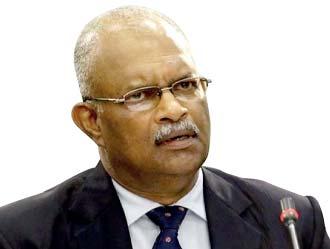
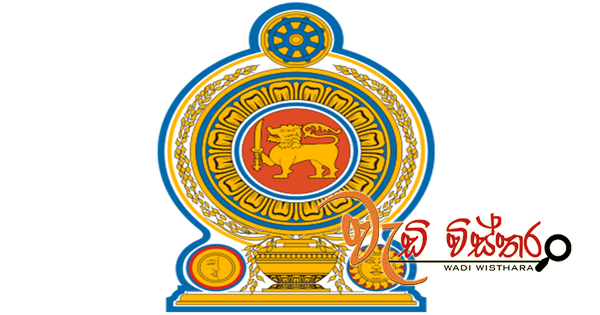
.png)
